This is the second Future Development blog (first piece here) on the Doing Business project, with each taking different positions. Brookings promotes the free exchange of ideas and encourages debate on important topics.
With climate and health crises mounting, the case is loud and clear for countries to ensure regulations that protect the environment, health, and safety. Yet, indexes like the World Bank’s Doing Business (DB) that rank countries on their business settings—while rightly penalizing wasteful impediments that slow investments—wrongly discourage vitally needed socioeconomic guidelines. The recently announced break in the World Bank’s issuance of DB country rankings—because of statistical irregularities—is a chance for the institution to not only revisit data problems but to correct the basic flaw in the indicator’s analytical framework.
To be sure, onerous, unpredictable processes hamper the business conditions in many countries and improving the efficiency of business norms can help economic growth prospects. But at issue is across-the-board deregulation, borne out of a mistaken worldview equating private business interest with social interest, with no accounting for harmful spillovers of business activities such as growth-debilitating climate change. As such, liberalizing regulations alone should not be labeled “reform”: in the analogy of improving “economic cholesterol,” the patient needs to both reduce bad cholesterol and increase good cholesterol. The World Bank ought not to drive development with the one-sided DB indicator when the United Nations promotes a more holistic path of Sustainable Development Goals.
The danger in today’s high-risk environment is that the indicator’s standings pressure countries to compete on reversing policies that invest in people and the environment—a direction the world can ill afford in the face of pandemics and runaway climate change.
Also, to be clear, any survey can be chastised for omitting certain variables, for example, in the case of DB, for neglecting infrastructure, entrepreneurial opportunities, skilled labor, and competition policies. Overloading a particular indicator with too many variables can make it unwieldy and unmanageable. The issue at hand, however, is one of misleading diagnoses and faulty policy advice resulting from an indicator’s excessively narrow mission. A measure of business regulation cannot be so biased as to ignore socio-environmental interventions like pollution control or health standards at a time when these considerations are derailing growth and well-being.
To see the seriousness of this error, consider how surveys of the business climate inadvertently neglect the harm from reckless deregulation in areas where checks and balances are essential. In the case of the DB index, China and India made big improvements in their scores in 2019 and 2020, despite the fact that the world’s first and third biggest carbon emitters increased carbon effluents notably in the two preceding years. Another index, the Environmental Performance Index, sees little relation between a deterioration in environmental protection and improvement in rankings on doing business. Surely, the business climate must account for environmental care, worker safety, and health risks, which are critical for well-functioning supply chains, and for predictable and reliable business deliveries.
Several governments, including Brazil, India, Russia, and the United States, have been diluting environmental regulations at a time when inadequate controls on carbon emissions are increasingly driving up world temperatures at great peril to businesses, people, and the planet. (see figure below). The reversal of emission standards for power plants and automobiles, and the expansion of fossil fuels, in the United States has been a severe setback, but it has not hurt the country’s business ranking (6th according to the DB 2020 survey). Many countries are weakening Environment Impact Assessments, which could improve business rankings, but endanger health and the environment.
Source: Global Temperature Report 2019
The World Bank index measures the ease of doing business across 10 areas, such as getting construction permits and paying taxes. Seven of the 10 indicators of the survey presume that less regulation is better, but ignore the social benefits of socioeconomic protection, including sound financial oversight, which is vital as the 2008 global financial crisis revealed. The biggest concern now is that climate change is being exacerbated by inadequate control of emissions by the biggest emitters, China, the United States, India, Japan, and Russia.
A 2008 review from the World Bank’s independent evaluation and a 2013 external independent panel flagged shortcomings of the DB measure, such as ignoring the informal sector and accounting for de jure (in the books) and not de facto (in practice) regulations. They also flagged the mistake in assuming that it is always best to have the least interventions, for example, taking the fewest steps to get a business permit in fragile situations or having the lowest tax rates in fiscally challenging conditions. The danger in today’s high-risk environment is that the indicator’s standings pressure countries to compete on reversing policies that invest in people and the environment—a direction the world can ill afford in the face of pandemics and runaway climate change.
In the case of the World Bank, putting the DB project on hold gives the institution an opportunity not just to audit data issues, but to recalibrate the survey’s metrics, balancing the cutting of bad controls with a strengthening of good standards. An overhauled measure should reinforce, and not punish, regulations that foster health care, workers’ safety, low carbon activities, climate adaptation, and mitigation.
The Brookings Institution is committed to quality, independence, and impact.
We are supported by a diverse array of funders. In line with our values and policies, each Brookings publication represents the sole views of its author(s).


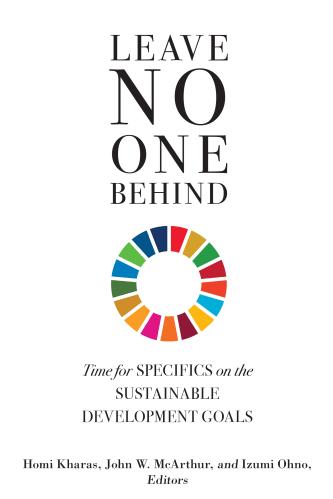
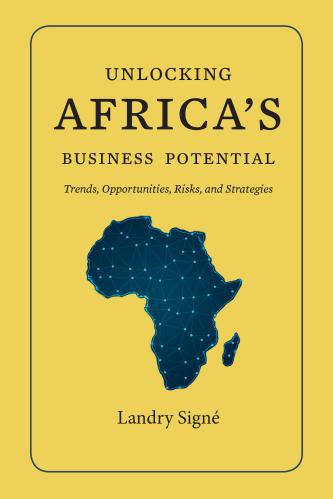
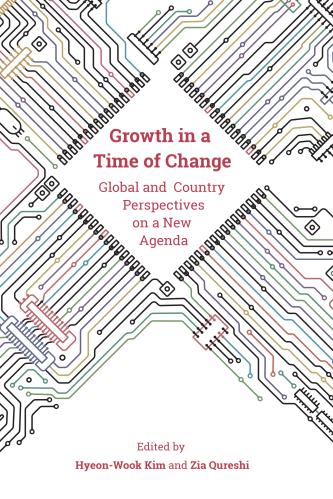
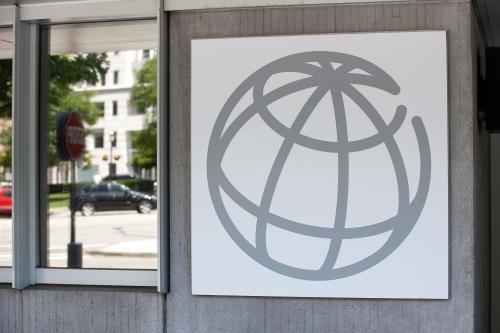
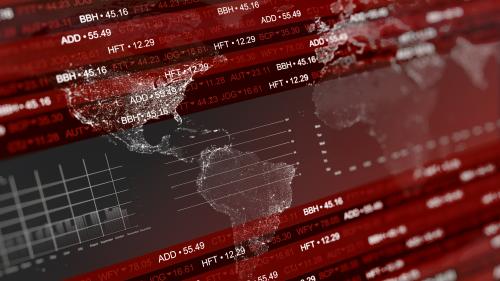
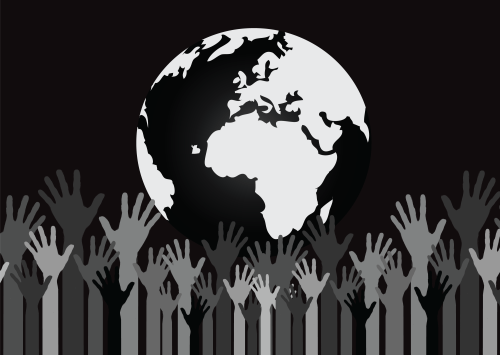




Commentary
Doing Business rankings that endanger good regulations
September 21, 2020